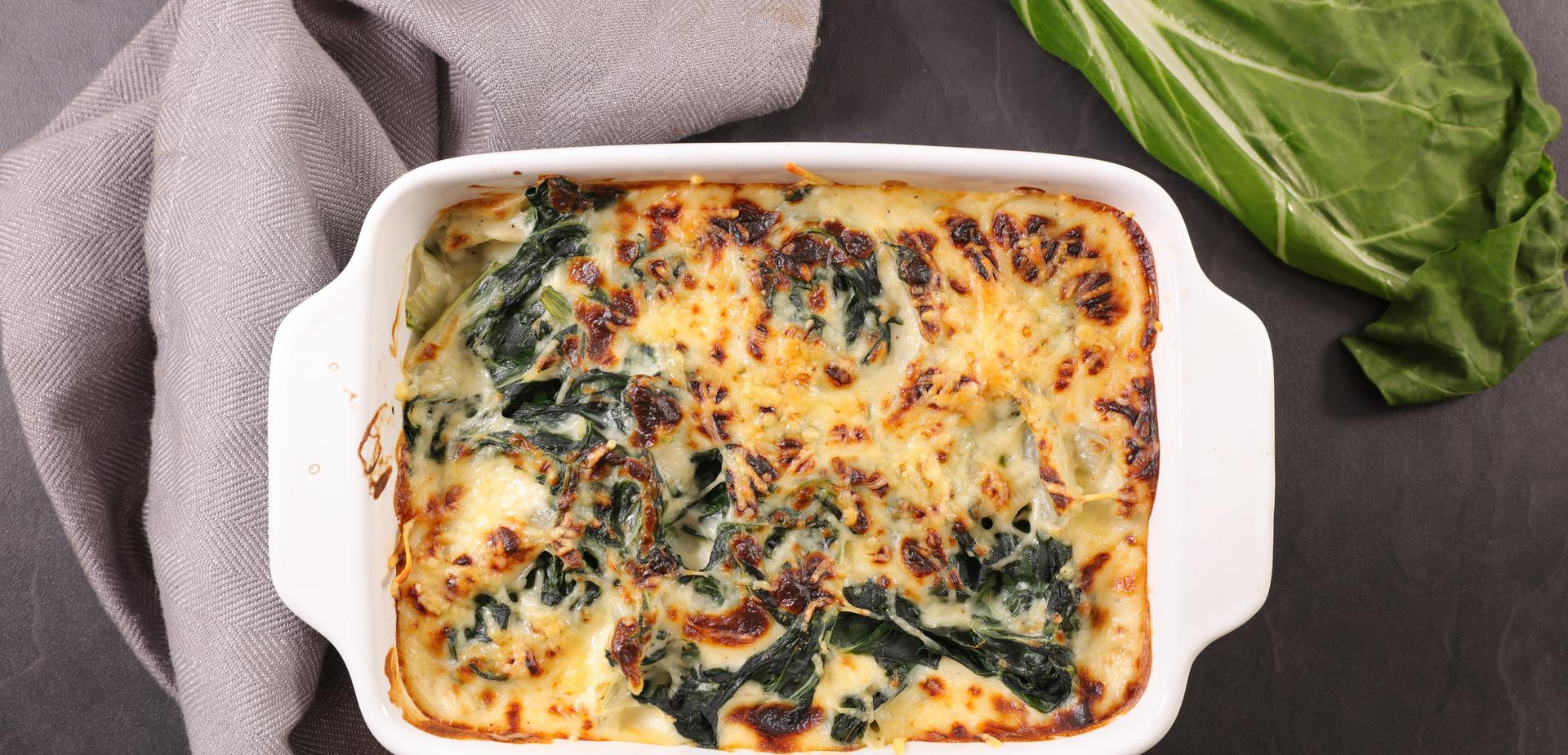At Christmas Eve, every year, it's the same old story. Caught between a widespread overconsumption and the desire to please everyone, we find ourselves overwhelmed with ideas, recipes, and cardboard boxes full of provisions. The traditional snails for Uncle Pascal, game for Granny Odette, a vegan alternative for cousin Emma, and a variety of "we don't know" to satisfy sudden cravings... What if, this year, you approached this festive dinner with more serenity and eco-responsibility? To encourage you to offer a Christmas menu that benefits not only your reputation as a gourmet but also your carbon footprint, Chef Campanile shares some of his tips and festive recipes. On the menu: a delicious, eco-friendly, and ultimately, quite economical Christmas Eve dinner!
The Christmas tree is twinkling in the corner, children are excitedly awaiting Santa Claus, and in your kitchen, things are bustling! The goal for the end of this year: delight your guests by offering them a festive, gourmet, eco-friendly, and uncompromising dinner. Because, let's face it, there's no need to consume excessively and fill the fridge with exotic products to eat well and respect tradition.
Your mission is to return to the basics by preparing a meal focused on taste and common sense. Goodbye to frozen foods and extravagance; this year, focus on plant-based, sustainable, homemade cuisine, using local, seasonal, and high-quality products. In short, more love and fewer pesticides!
This goes for the plate, of course. But also for the glass. Right from the aperitif, enlist your helpers to serve your guests biodynamic wine or champagne, which contains no sulfites – they are the headache makers! – or chemical fertilizers. You can also promote your region by introducing a local aperitif. Pommeau from Brittany, Pineau des Charentes, or Génépi from the Alps, served straight or in a cocktail, the important thing is that it is consumed within a reasonable radius of its place of production to limit transportation's impact. And with moderation, of course!
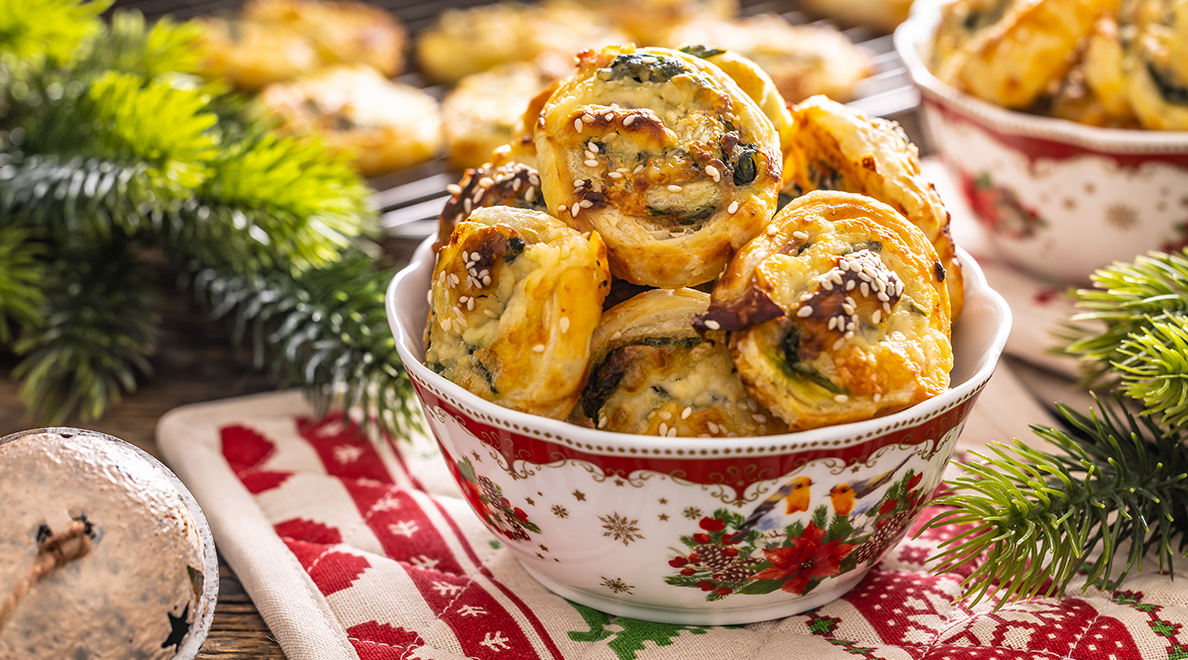
On Christmas Eve, we all know the drill... A first drink while waiting for Santa Claus, then a second, a third... In between, we snack, and by the time dinner arrives, the hunger has passed, and your dishes are left untouched. This Christmas, establish an anti-waste dynamic right from the start. Forget the abundant buffet and switch to serving platters of delicious appetizers. If you plan to have dinner afterward, six pieces per person are usually sufficient.
In your gourmet basket, maintain the Christmas spirit and add a touch of modernity, which is sure to spark a debate about your formidable rebellious spirit! On your toasts, the Christmas classics, but in a plant-based version. Duck foie gras is replaced by faux gras, guaranteed without animal cruelty or a prohibitive price; farmed salmon makes way for plant-based salmon made from plants, with a surprisingly similar taste; the same goes for lumpfish roe, which turns into plant-based caviar, a subtle preparation made from tapioca and algae that will leave Aunt Odette bewildered! Add some vegetable pickles to reassure the most resistant, and keep control of the timing!
Since you have chosen to make this dinner an ecological delight, the inhabitants of the ocean are required to stay where they are! Even if Granny is not thrilled with the idea, there is no obligation to serve oysters, scallops, or prawns from the other side of the world. If you truly value fish as an appetizer, choose a less commonly consumed species, labeled and sourced from responsible aquaculture.
Alternatively, indulge in audacity and charm your guests with the warmth of a good soup! A creamy parsnip soup, accompanied by crispy winter vegetable chips and sprinkled with crushed hazelnuts, will warm the hearts of your guests as well as those of local producers, members of the nearest AMAP (Association for the Maintenance of Small-Scale Farming)...
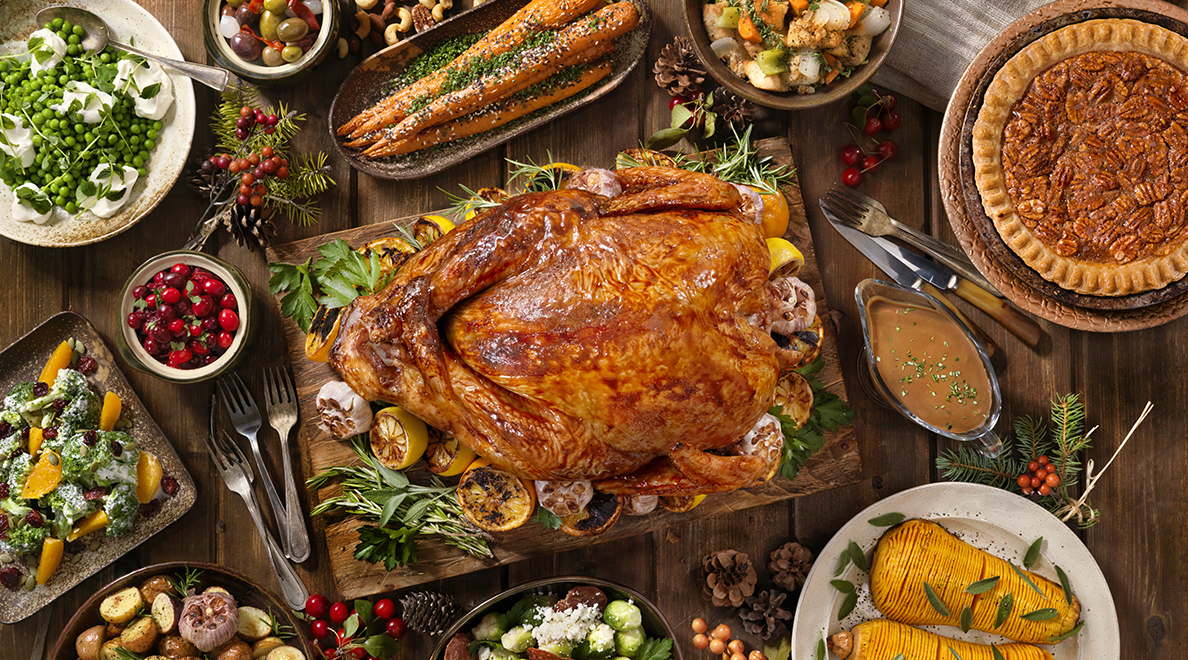
Certainly, if this Christmas Eve dinner is meant to be a statement in favor of the planet, Christmas is certainly not the best day to impose dietary restrictions. Attempting a completely vegetarian menu, in a known family setting, can be seen as a challenge. Consider a compromise instead; the goal of this meal is still to have a simply delicious time...
Say goodbye to beef, white meats, and especially poultry; they emit three times fewer greenhouse gases during breeding. Therefore, they are more recommended for a responsible recipe, especially if you source them locally. For a dish rich in good intentions and tradition, serve a roast capon, cooked at a low temperature, with a stuffing of pears, figs, and dried fruits. Juicy, full of winter scents, and very satisfying, this dish will win over even the most skeptical among your eco-friendly cooking beliefs!
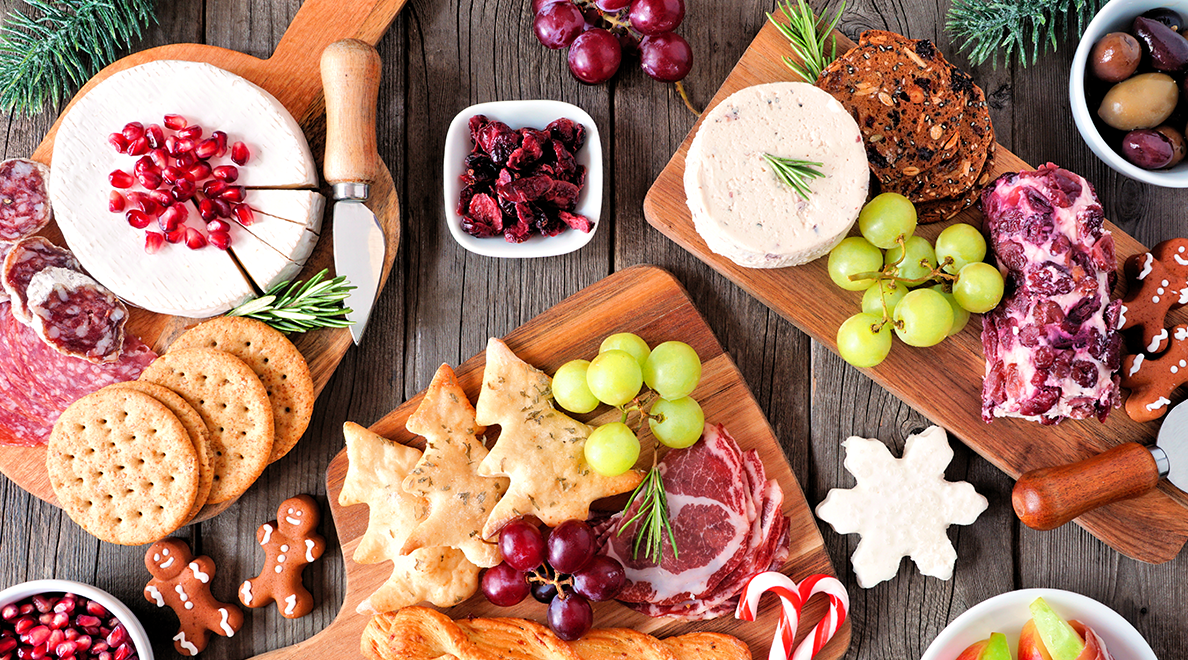
Since it's often between the pear and the cheese that Christmas is most delightful, why not enjoy both, always in moderation? On the cheese platter, let cheeses from smaller animals coexist, which are also less polluting. You can also complete your virtuous circle by choosing only local and/or plant-based cheeses.
For dessert, leave exotic or out-of-season fruits in their distant lands and opt for an ethical Christmas log. Built on a yogurt cake base, filled with hazelnut praline, and sprinkled with cinnamon speculoos, the usual frozen chocolate dessert will be nothing but a distant memory!
To top it all off, serve another round the next day, offering your guests a second act, to finish the leftovers simmered on the stove! Your final eco-friendly effort to save the planet: a fennel lemon detox tea that will help you digest even the most unexpected of gifts!
Did these tips from Chef Campanile whet your appetite? How about treating yourself to a gourmet evening in one of our restaurants to unwind before getting behind the stove? On the menu, responsible, locally-inspired cuisine, with menus updated each season. With over 380 Campanile hotels and restaurants in France, there's bound to be one near you...


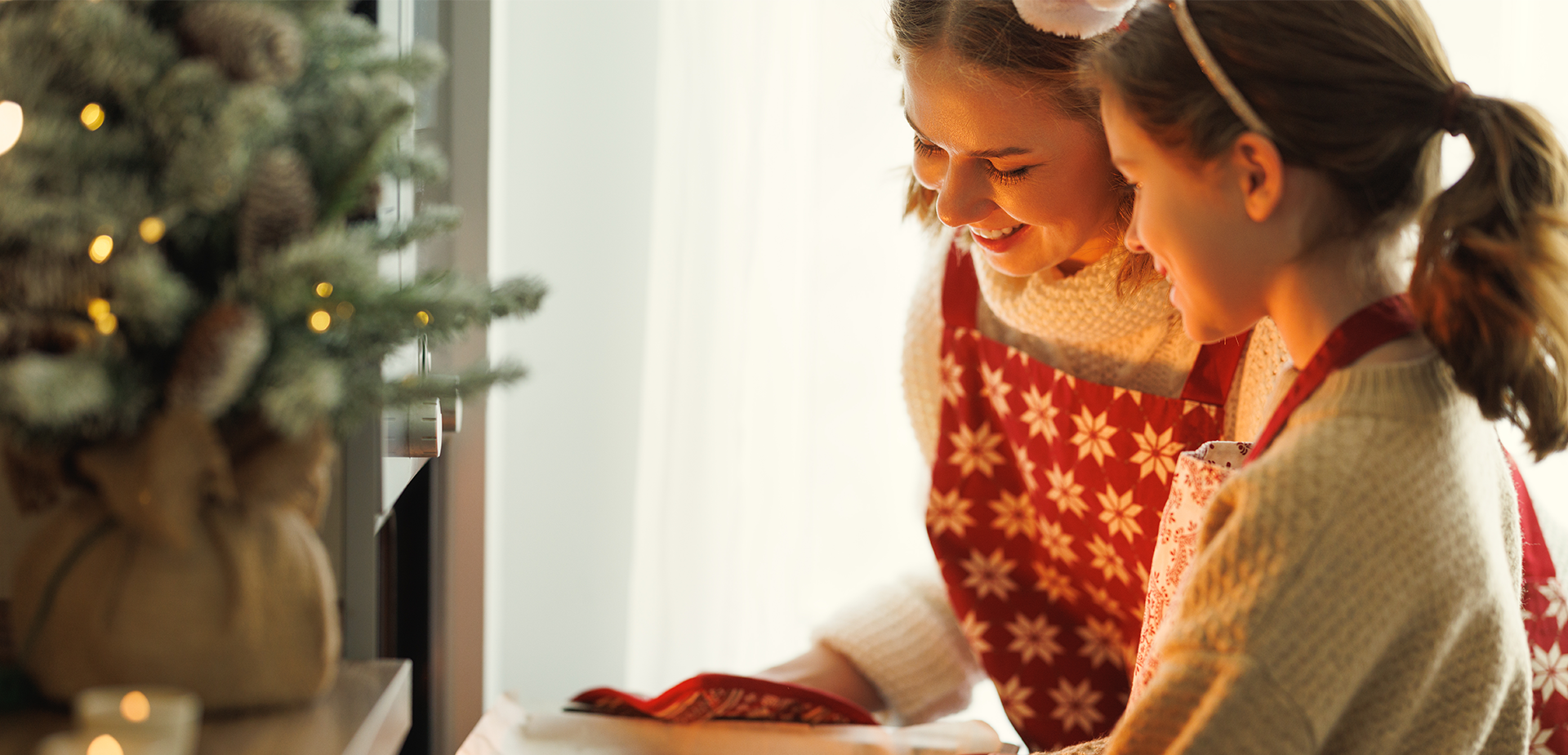
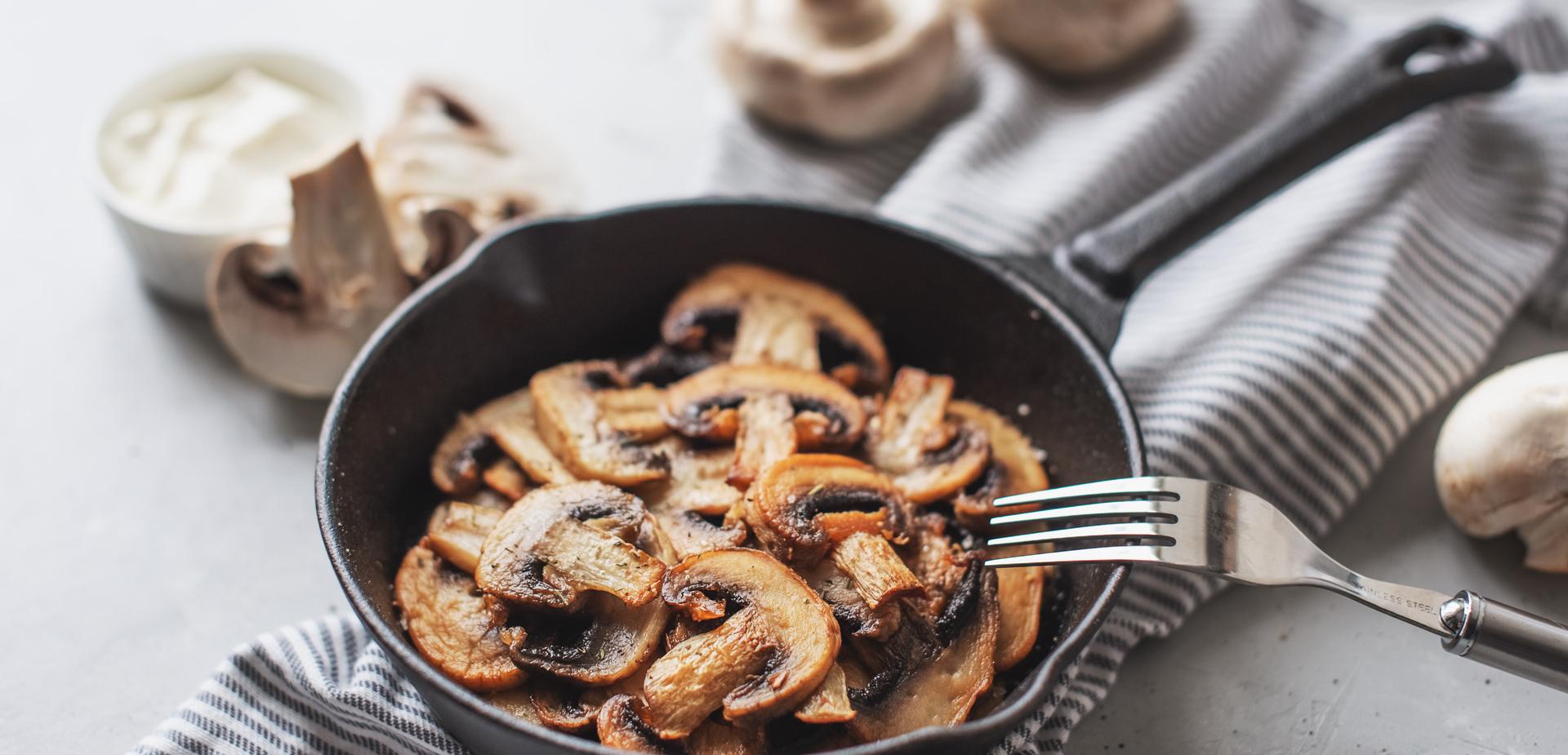

.jpg)
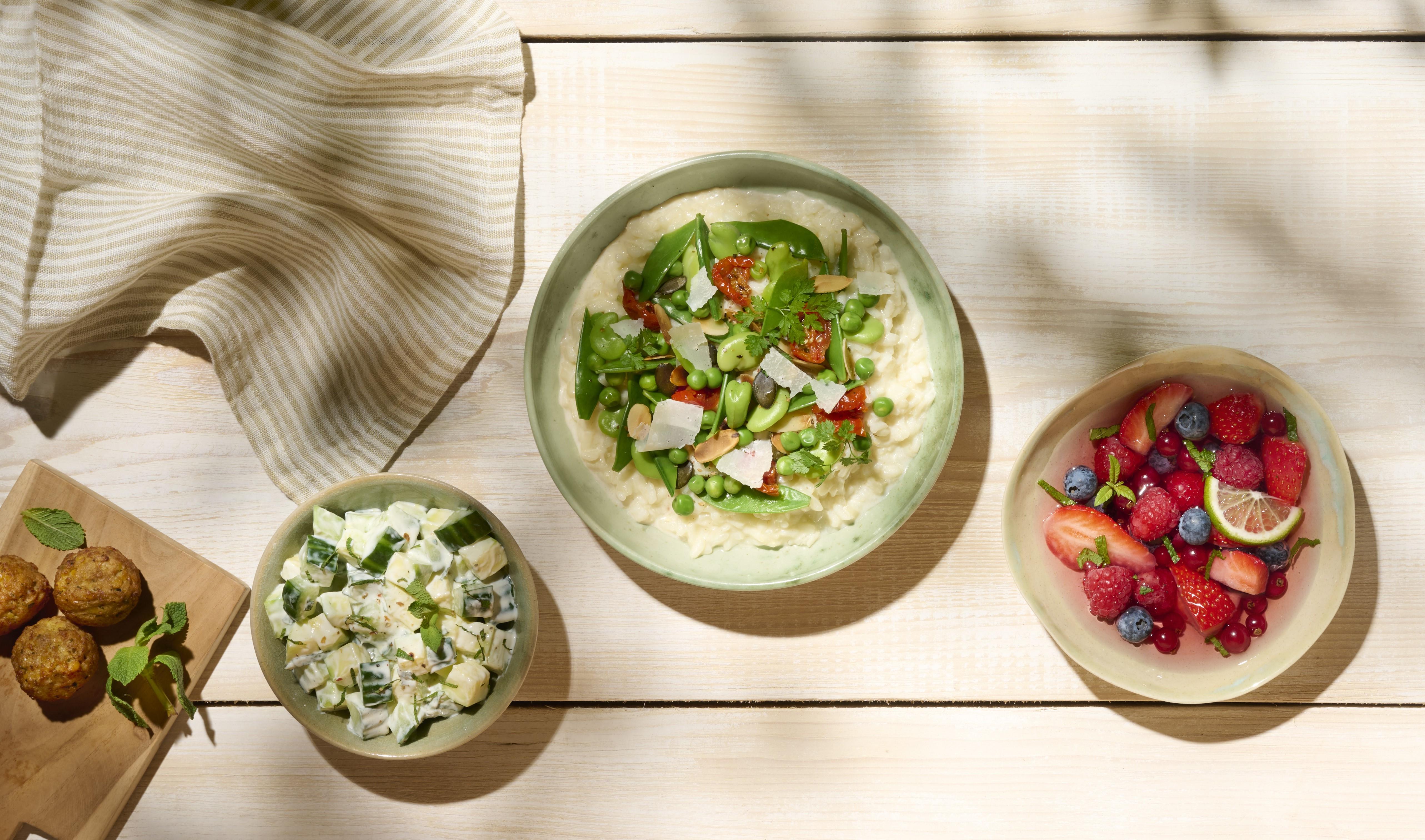
.jpg)
